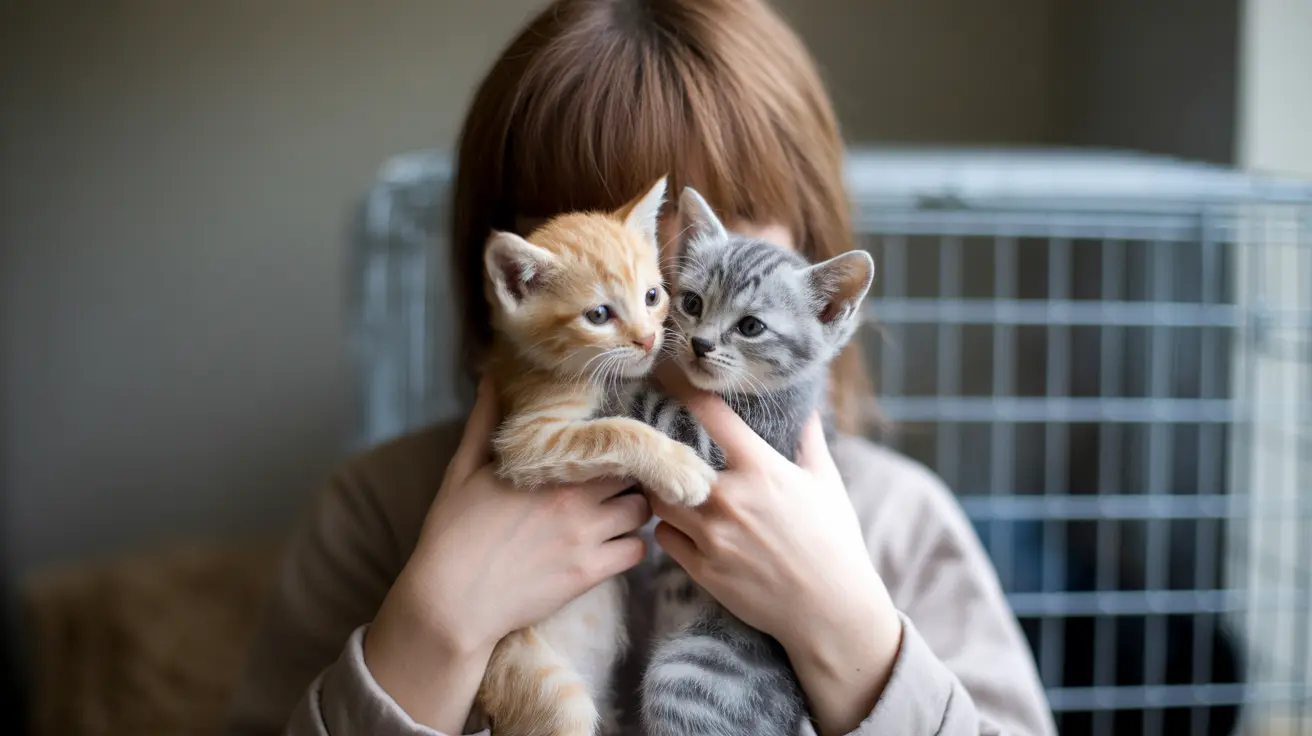Who Should Not Own a Husky?
Siberian Huskies are striking, intelligent, and energetic dogs that are adored for their wolf-like looks and friendly demeanor. However, their strong-willed nature, high energy, and demanding care routines mean that not every household is suited to own a Husky. If you’re considering bringing this breed into your life, it’s crucial to evaluate whether your lifestyle, experience, and capacity align with the breed’s needs.
1. People with Sedentary or Low-Activity Lifestyles
Huskies require at least 60 minutes of intensive exercise daily. A casual stroll around the block won’t suffice for this high-energy breed. Ideal exercise includes running, hiking, or agility training. Without sufficient physical and mental stimulation, Huskies quickly grow bored and may turn to unwanted behaviors such as:
- Chewing on furniture or shoes
- Excessive barking or howling
- Digging up the yard
2. First-Time Dog Owners Without Time or Patience
Though Huskies are intelligent, they are also known to be stubborn and independent thinkers, traits inherited by their mixed-breed descendants like the Goberian. This wilfulness can make training a challenge. They require owners who are patient, consistent, and experienced with positive reinforcement methods. First-timers who aren’t prepared to invest in training and socializing may find a Husky overwhelming.
3. People Who Live in Small Apartments
While some Huskies and mixed breeds like Goberians can adapt to apartment life, it’s only feasible if their high exercise needs are rigorously met. These dogs thrive in homes with secure, fenced yards where they can run and play. Lack of space can lead to frustration and undesirable behaviors.
4. Households Where Dogs Are Left Alone for Long Periods
Huskies are social, affectionate dogs that form strong bonds with their families. Leaving them alone for long hours can lead to separation anxiety, manifesting in destructive habits. If your lifestyle involves long work hours or frequent travel, a Husky may not be the right fit.
5. Allergy Sufferers
Huskies have thick, double coats that shed heavily, especially during seasonal changes. This shedding makes them unsuitable for allergy sufferers or those who cannot tolerate dog fur throughout their living space. They are not hypoallergenic.
6. People Unwilling to Keep Up With Grooming
Maintaining a Husky's coat requires regular grooming. Brushing at least 1–3 times a week is essential to manage shedding and prevent matting. Grooming routines also include:
- Regular bathing
- Ear cleaning
- Nail trimming
- Teeth brushing
Owners must be prepared to stick to these routines consistently.
7. Families With Small Pets
Siberian Huskies, and mixes like Goberians, may possess a high prey drive. While they can learn to co-exist peacefully with other pets if socialized early, they may still chase smaller animals like cats or rabbits. Close supervision and training are essential in such households.
8. When Budget Is a Constraint
Caring for a Husky involves various costs, including:
- High-quality dog food suitable for their size and activity level
- Routine veterinary checkups and possible treatments for inherited conditions
- Training classes
- Quality grooming tools or professional grooming services
If your budget doesn’t allow for these regular expenses, a Husky may not be a good fit.
9. People Looking for a Low-Maintenance Dog
From exercise to grooming to dietary needs, Huskies require a high level of daily care. If you're hoping for a calm, minimal-maintenance dog, you may want to consider another breed better suited to a laid-back lifestyle.
Conclusion
Huskies and mixed breeds like the Goberian are joyful, intelligent companions best suited to active households that can offer ample time, energy, and structure. They require owners who can commit to fulfilling their physical, social, and emotional needs. By understanding who should not own a Husky, potential owners can make informed, compassionate decisions—ensuring both the person and the pet enjoy a fulfilling relationship.





